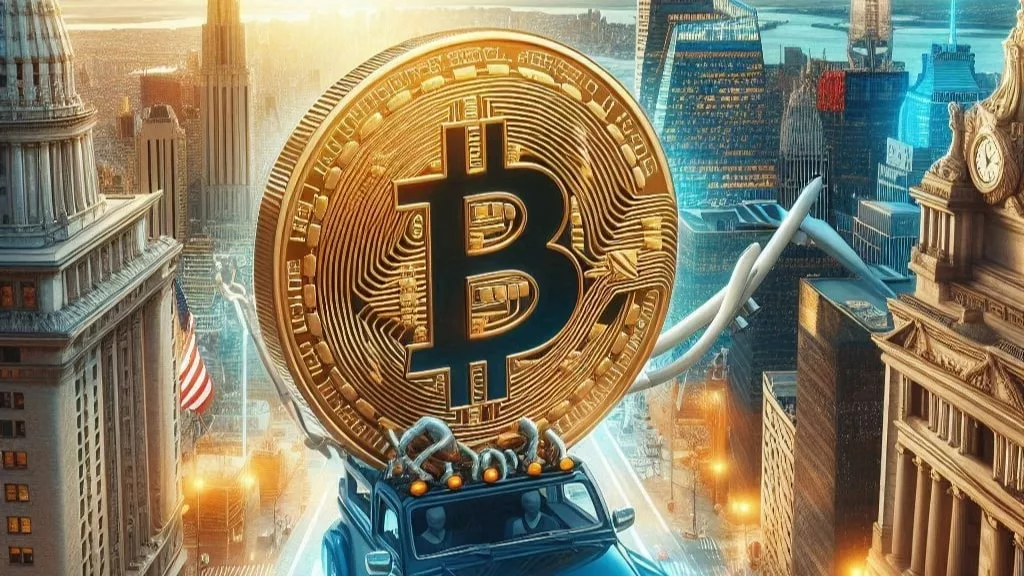
Toncoin (TON) has emerged as a significant player in the cryptocurrency world, recognized for its strong community and versatile block chain applications. Despite these strengths, Toncoin faces substantial regulatory obstacles that hinder its listing on major cryptocurrency exchanges such as Binance and Coinbase. These challenges primarily arise from past legal issues involving the US Securities and Exchange Commission (SEC) and the Telegram Open Network, Toncoin’s precursor.
Toncoin’s regulatory difficulties trace back to the SEC’s 2019 lawsuit against Telegram. The SEC accused Telegram of conducting an unregistered initial coin offering (ICO) for its Gram tokens, which the SEC classified as securities. This legal battle resulted in a global ban on Gram tokens and a significant setback for the Telegram Open Network (TON) project. Following this setback, TON rebranded as Toncoin, distancing itself from Telegram to mitigate regulatory risks. However, the legacy of the SEC’s actions continues to cast a shadow over Toncoin, particularly concerning its listings on US-based exchanges.
The regulatory uncertainties stemming from the SEC’s actions have made major exchanges like Binance and Coinbase cautious about listing Toncoin. The fear of potential legal repercussions has led these exchanges to adopt a wait-and-see approach, limiting Toncoin’s exposure to a broader audience. This cautious stance from exchanges represents a significant barrier for Toncoin, affecting its trading volume and market liquidity.
Despite these regulatory hurdles, Toncoin thrives, thanks to its dedicated and vibrant community. This strong community support propels the ecosystem forward, ensuring Toncoin’s continued relevance in the dynamic digital asset landscape.
Toncoin’s blockchain technology supports a wide range of applications beyond simple cryptocurrency transactions. These include gaming platforms, NFT marketplaces, decentralized finance (DeFi) projects, and more. This versatility not only enhances Toncoin’s utility but also broadens its appeal within the larger digital economy.
Toncoin’s blockchain infrastructure is designed to be flexible and scalable, accommodating various applications. In the gaming industry, for instance, developers use Toncoin’s blockchain to create decentralized gaming platforms, where players can trade in-game assets securely and transparently. NFT marketplaces built on Toncoin’s blockchain allow artists and creators to mint and sell digital art, benefiting from the security and efficiency of blockchain technology.
In the DeFi space, Toncoin supports decentralized applications (dApps) offering financial services like lending, borrowing, and trading without traditional intermediaries. These applications are increasingly popular as more users seek decentralized financial solutions.
Even with regulatory challenges and limited exchange listings, Toncoin continues to innovate and expand its use cases. The ongoing development and introduction of new features and applications within its ecosystem showcase Toncoin’s commitment to maintaining a robust presence in the blockchain and digital assets sector.
Recent developments in Toncoin’s network include advancements in smart contract capabilities and cross-chain interoperability. These features enable Toncoin to interact seamlessly with other blockchain networks, fostering a more connected and versatile blockchain ecosystem. Such innovations are essential for Toncoin to remain competitive and relevant in the fast-evolving world of cryptocurrency and blockchain technology.
The future of Toncoin depends on effectively navigating its regulatory challenges while leveraging its technological strengths and community support. Here are potential strategies and scenarios for Toncoin moving forward:
One potential path for Toncoin is to work closely with regulatory bodies to achieve compliance and clarity. By proactively engaging with regulators, Toncoin can address concerns that have prevented its listing on major exchanges. This approach might involve implementing stricter Know Your Customer (KYC) and Anti-Money Laundering (AML) protocols or seeking specific regulatory approvals to reassure exchanges and investors alike.
As regulatory environments evolve, decentralized exchanges (DEXs) could play a crucial role in Toncoin’s strategy. Unlike centralized exchanges, DEXs operate without a central authority, reducing the regulatory pressures faced by traditional exchanges. By fostering partnerships with prominent DEXs, Toncoin can increase its accessibility and trading volume, allowing users to trade Toncoin without the constraints imposed by centralized platforms.
Toncoin’s community has always been a cornerstone of its resilience and growth. Moving forward, Toncoin can leverage this strong community base to drive adoption and innovation. Community-driven initiatives, such as decentralized governance models and community-funded development projects, can help ensure that Toncoin continues to evolve in a way that aligns with the needs and values of its users.
Toncoin’s journey has been marked by significant regulatory challenges, primarily stemming from its association with Telegram and the SEC’s legal actions. However, the cryptocurrency has demonstrated remarkable resilience, supported by a vibrant community and a versatile blockchain infrastructure. Despite the hurdles in securing listings on major exchanges like Binance and Coinbase, Toncoin continues to innovate and expand its use cases, maintaining a strong presence in the digital assets landscape.
The ongoing development within Toncoin’s ecosystem and its commitment to technological advancement position it well for future growth. By navigating regulatory challenges and leveraging its strengths, Toncoin has the potential to secure a more prominent position in the cryptocurrency market. For investors and users alike, staying informed about Toncoin’s developments and market movements will be crucial in understanding its long-term prospects.




Get the latest Crypto & Blockchain News in your inbox.